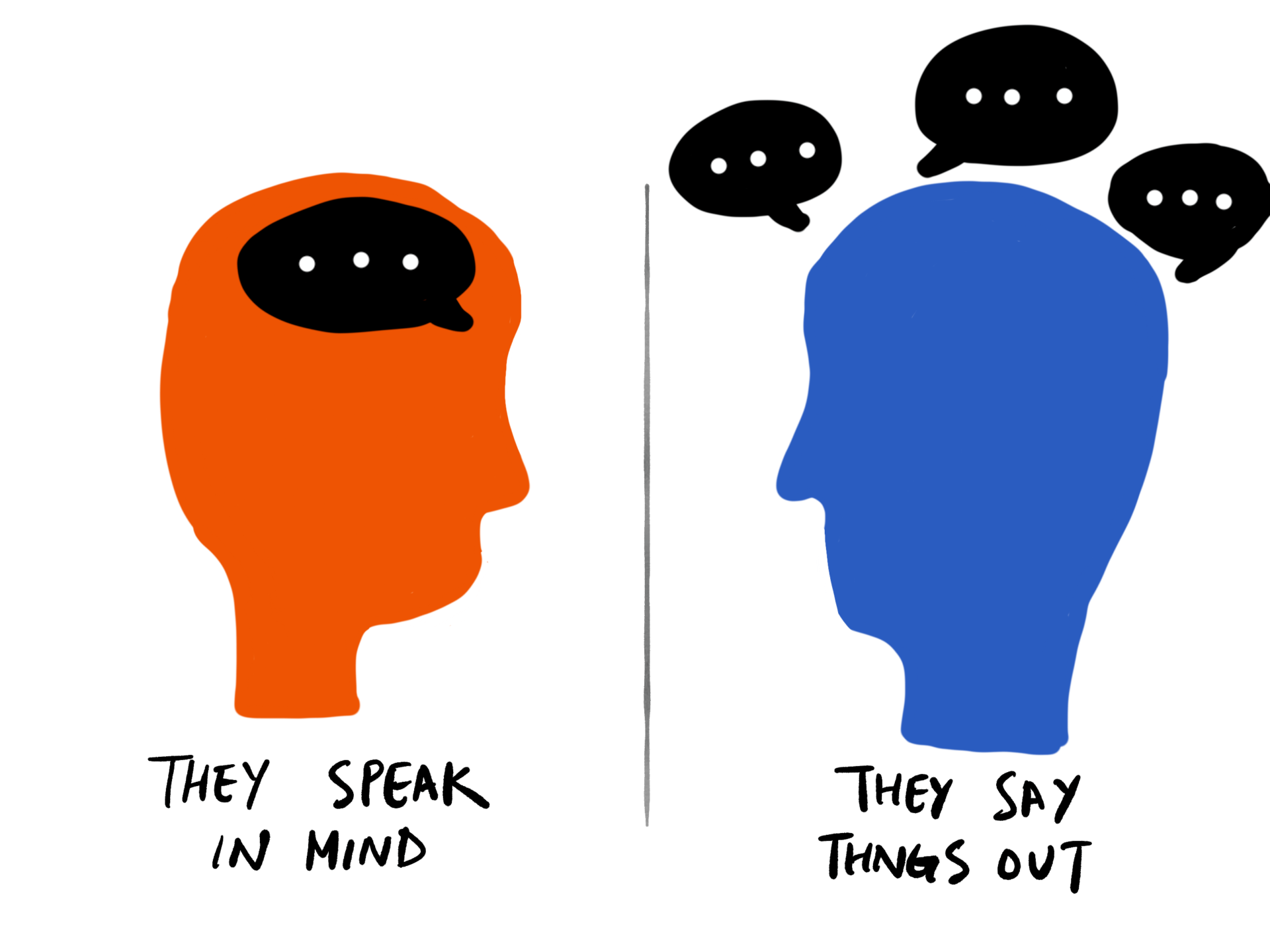In the sum of my children’s ages 5 and 3, it is safe to say that the experience I have earned is worth sharing with someone. My son is partly introverted and raising him has made me realize one painful fact, is that the world we live in is built for extroverts.
Here’s a scenario, ever walked into a social gathering full of a couple of quiet people generally keeping to themselves, then one talkative person walks in and the room lights up? Everyone’s attention is diverted to the ‘life of the party’.
Giving attention to the quieter less interactive type of child is harder than most people think, it takes a good level of intentionality for you to notice or appreciate their presence.
Kevin from Nairobi who has introverted tendencies says “If you are quiet it is usually interpreted as rude, arrogant and/or cold. For example, if I get into a new environment I don’t want to speak, not because I don’t want to but I just don’t have anything to say.”
Some of the frustrations around raising introverted children is the comparison, especially in the school environment and at times within the family setup.
Why do we have a problem with the quieter more analytical side of life, where being quiet is seen as more negative, or mistaken for timidity?
Nuru Gichuhi, a mother of two gives us a picture of her firstborn, she says “Khian is introverted, the challenges we’ve experienced with him definitely he is less likely to fight for what he wants. He is more likely to suffer in silence especially if we are not intentional in asking him to speak up even if it means asking him something twice, like ‘are you sure?’ and just being able to read his cues rather than his verbal cues, reading his facial and body language knowing that he is not happy, and addressing it. So that he knows what he has to say is important.”
Grace Kariuki, a family therapist based in Nairobi, explains the strong suits and misconceptions of introverts, and in specific children.
“An introverted child does not talk much and loves to keep to themselves. Though quiet, they are very curious about their environment and the world in general.
They are quite introspective and analyze life in deeper ways than extroverted children. Due to their deep introspection, they have a rich inner world that many people may not appreciate. They can self-soothe and may not need to use outside resources to manage stress or difficult emotions.”
She continues to explain, “They are creative and imaginative which can translate into great problem-solving skills.”
Grace gives insight into the challenges of raising introverts, and how to go about it. “People tend to think introverted children are anti-social, shy, they are sad. It causes children to feel rejected and isolated. It can cause them to feel that they are not appreciated for who they are. By the time they get to teenage hood they begin to say they feel misunderstood, that people don’t get them, and they feel judged a lot. And it’s important for us to all understand that introversion is neither right nor wrong it is a way of being, it is a personality type, and it does not mean it is a bad thing.”
Every one of our children inevitably has to face the world out there whether we like it or not. There is a way we can prepare the introverted children in our lives in that they can be authentic and capable of living in an overly extroverted world.
Grace states that “In a world where people tend to celebrate extroversion. An introverted child would feel sidelined, not picked for certain things that they can do, and they tend to feel like they are being overlooked because of the way the extroverted children are given priority. And I think in our socialization we think that being quiet is a bad thing however we do need to understand that it is normal to be introverted and that introverted people may not have a lot of energy to be out with people but they people who have a lot of strength.”
Silence is a gift if you listen close enough. It is tempting to just assume that your child, no matter what personality, can automatically make it out here in the world, but our guidance as parents must also play a strong role in molding authentic children, other than copy-paste from what society dictates.
Introverts gain their strength through being alone, crowds and a lot of activity tend to drain them, if they want to find the balance they want to be by themselves, and that is not a bad thing.
Parents who have children like that need to understand the personality type, should pay attention to the things that the child does well, and focus more on their strengths rather than comparing them with the other children who are more outgoing.
On how to bond with your introverted child, Grace advises that “For children who are not very talkative, you would have to dig, to spend time with them, you would have to put the effort in trying to understand them and in trying to pull them out of their shell.”
All in all, it’s a delicate balance between bringing up a child who is their authentic self, and also socially healthy. But, according to who’s standards?







